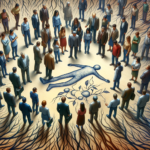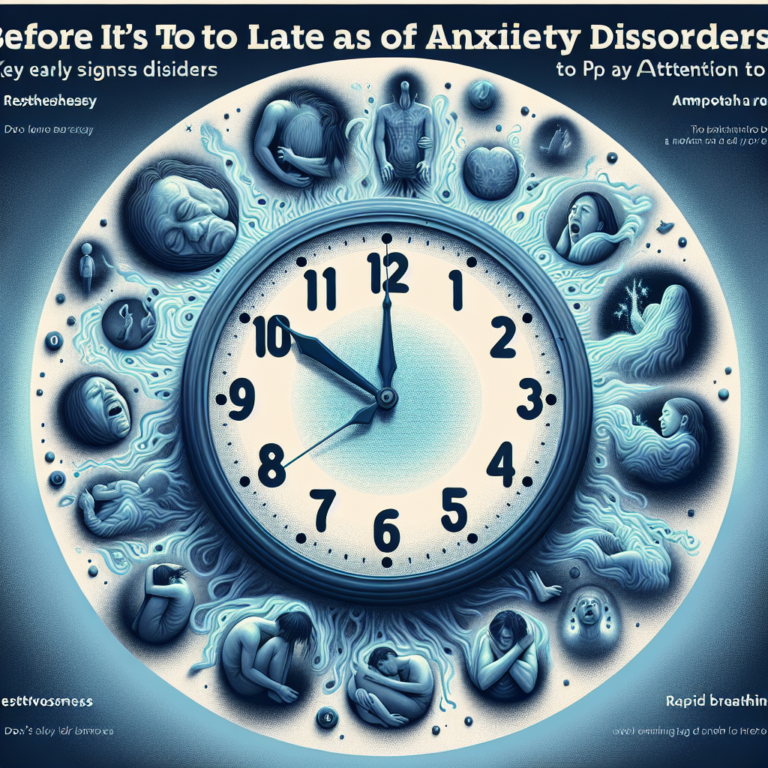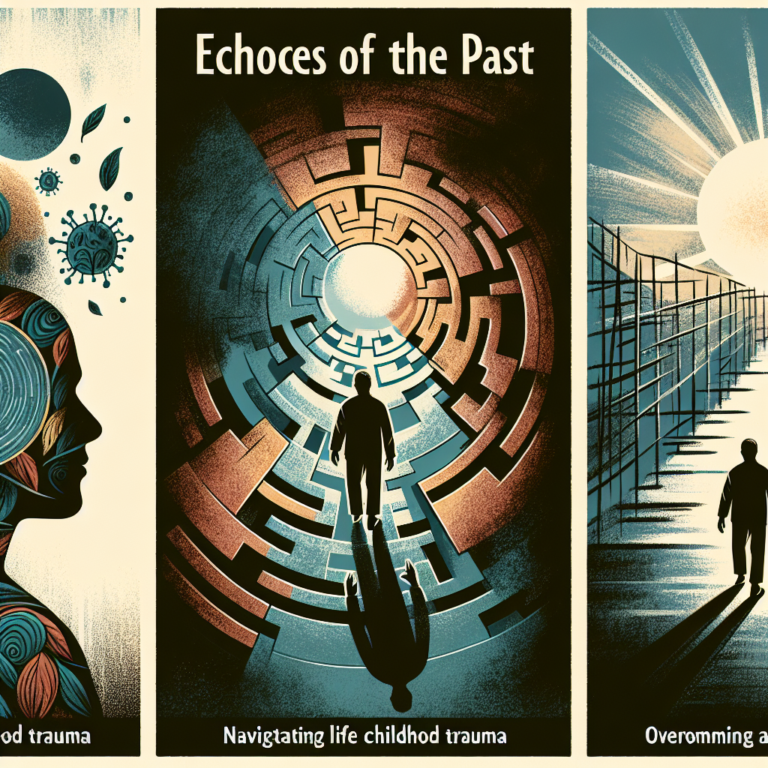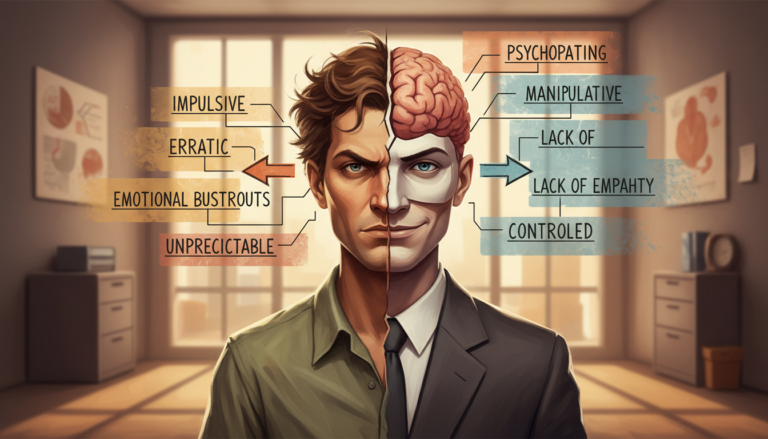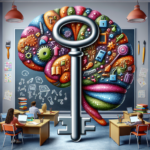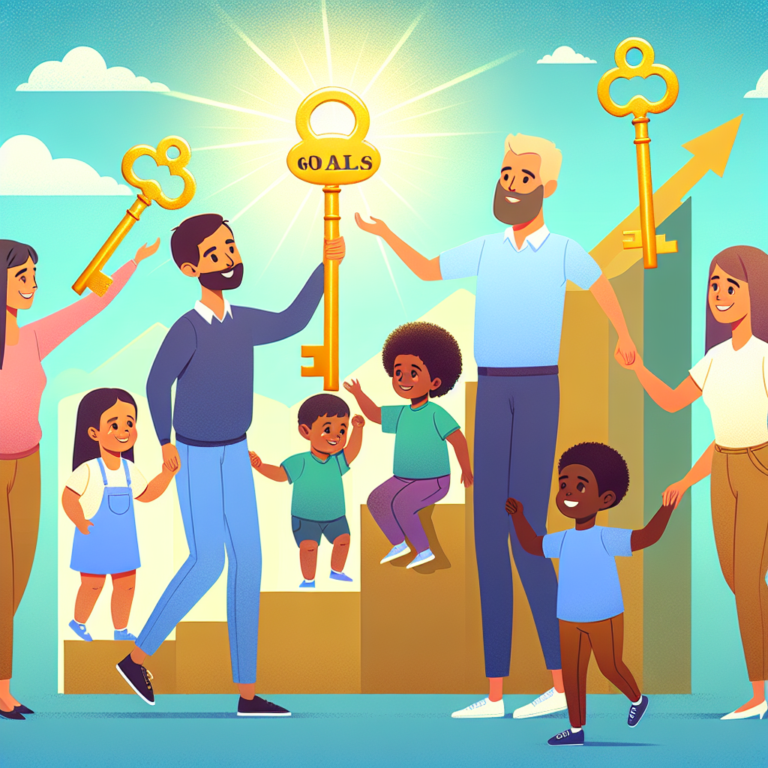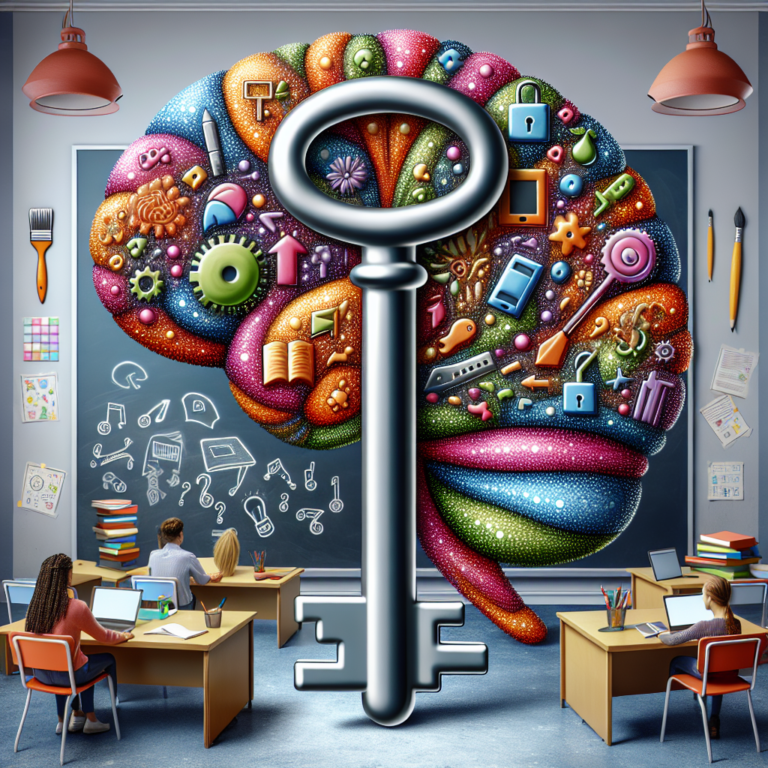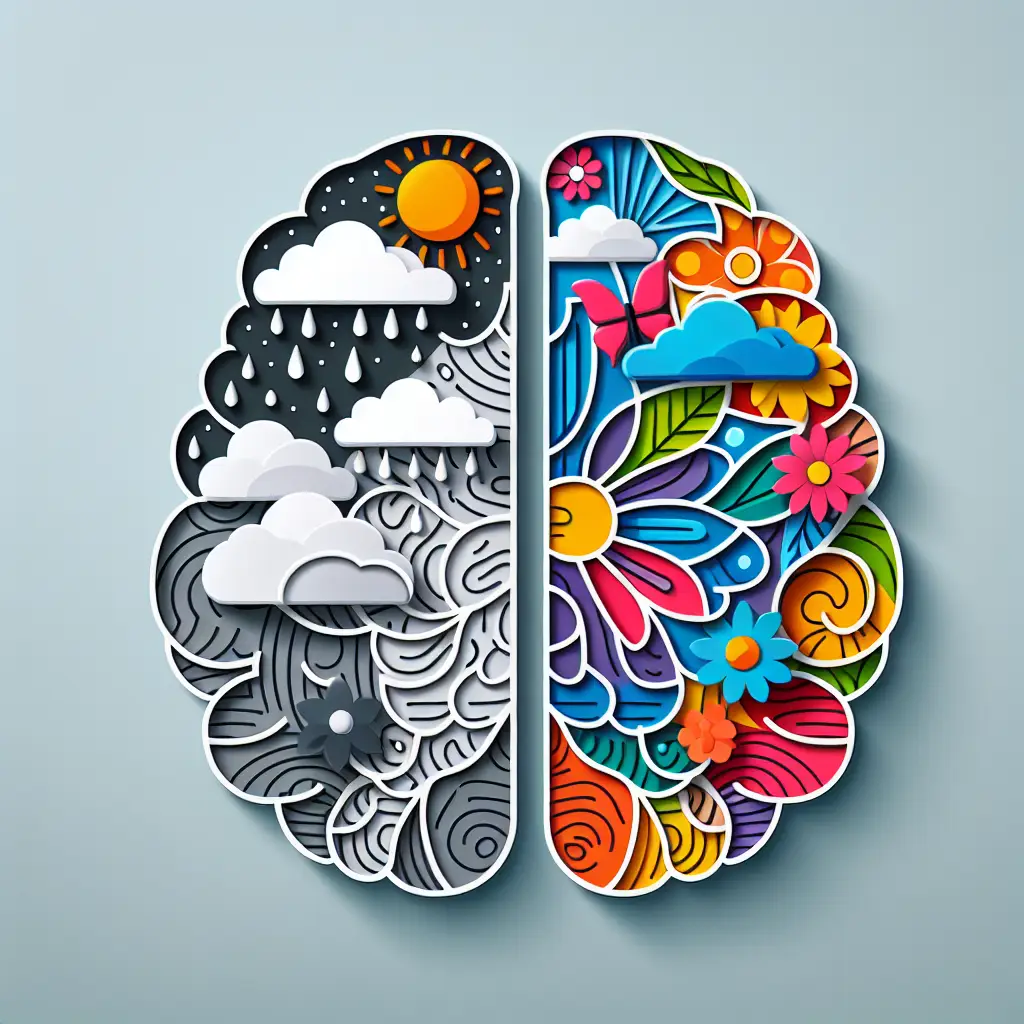
Feeling Down? Explore the Most Common Symptoms of Depression: Your Ultimate Guide to Understanding and Overcoming This Silent Struggle
Introduction
Feeling down? You’re not alone. In a world that often moves too fast, it’s easy to find ourselves overwhelmed with emotions that can lead to feelings of sadness or hopelessness. While experiencing these emotions occasionally is a normal part of life, a persistent state of sadness may indicate something more serious: depression. Understanding the most common symptoms of depression is not just important for those who suffer from it; it’s crucial for friends, family, and loved ones who want to support someone in need. With this guide, we’ll delve deep into the nuances of depression, examining its symptoms, real-world implications, and ways to seek help.
What is Depression?
Before delving into the symptoms, it’s important to contextualize what depression is. Clinically, depression is classified as a mood disorder characterized by a persistent feeling of sadness, anhedonia (loss of interest or pleasure), and a range of emotional and physical health problems. According to the World Health Organization (WHO), more than 264 million people of all ages suffer from depression globally. It’s a complex disorder influenced by various factors, including genetics, biology, environmental stressors, and psychological aspects.
Identifying the Most Common Symptoms of Depression
When exploring the question “Feeling Down? Explore the Most Common Symptoms of Depression”, it’s essential to break down the primary signs that indicate possible depression. Here’s a comprehensive overview.
1. Persistent Sadness or Low Mood
One of the hallmark symptoms of depression is a persistently low mood that lasts for most of the day, nearly every day. This isn’t just a fleeting sadness; it’s a deep sense of despair that can make daily activities feel like monumental tasks.
Case Study:
Sarah, a 29-year-old teacher, noticed that what once brought her joy—like engaging with her students—no longer excited her. Her friends remarked on her increasing withdrawal from social activities. After seeking help, she learned that her symptoms were indicative of clinical depression.
Analysis:
In Sarah’s case, her low mood prompted her to seek professional help, showcasing how important it is to recognize lasting feelings that deviate from one’s norm.
2. Loss of Interest in Activities
An individual with depression may lose interest in activities that once provided enjoyment such as hobbies, social events, or even work-related tasks. This emotional numbness, often described as anhedonia, can be quite profound.
| Indicators of Loss of Interest |
|---|
| Disinterest in hobbies |
| Avoidance of social gatherings |
| Lack of enthusiasm for work |
3. Changes in Appetite and Weight
Depression often influences appetite and can lead to significant weight loss or gain. Some individuals may resort to food for comfort (emotional eating), while others may forget to eat altogether.
Case Study:
Tom, a graphic designer, faced significant weight gain during a particularly stressful year at work. He turned to food as a coping mechanism because the thought of social interaction felt exhausting.
Analysis:
Tom’s experience highlights another common symptom of depression; the link between emotional states and physical health can be disheartening yet is critical to understand.
4. Sleep Disturbances
Sleep issues are also prevalent among those suffering from depression. This can manifest as insomnia (difficulty falling or staying asleep) or hypersomnia (excessive sleeping).
Statistics:
According to the National Sleep Foundation, around 90% of people with depression experience sleep disturbances to varying degrees.
5. Fatigue or Loss of Energy
Feeling chronically tired, even after a full night’s sleep, can be a significant indicator of depression. This fatigue often accompanies other symptoms, compounding the struggle to perform daily tasks.
6. Feelings of Worthlessness or Guilt
Low self-esteem and intense feelings of guilt can trap individuals in a cycle of negative thinking. They often dwell on past mistakes or shortcomings, fueling their depression further.
| Feelings Reflective of Worthlessness |
|---|
| Constant self-critique |
| Guilt over insignificant mistakes |
7. Difficulty Concentrating
Problems with concentration, decision-making, and memory can lead to frustration and feelings of inadequacy in both personal and professional areas.
The Real-World Implications of Depression Symptoms
Understanding the most common symptoms of depression is essential not only for individuals experiencing them but also for society as a whole. The World Health Organization has identified depression as a leading cause of disability worldwide. It affects not only the individual but also their family, friends, and workplace, creating a ripple effect of challenges.
Work Impact
Employers are increasingly recognizing that employee mental health is crucial for productivity and morale. A 2019 study found that depression accounted for about $44 billion in lost productivity annually in the United States alone.
Social Impact
Depression can lead to withdrawal from social circles and relationships. Friends and family may misinterpret these actions as rejection or apathy, further isolating the individual.
Seeking Help: The Importance of Addressing Symptoms
If you or someone you know resonates with these symptoms, know that help is available. Recognizing the signs is the first step toward recovery. Here’s a compilation of helpful avenues:
1. Talk Therapy
Therapies such as Cognitive Behavioral Therapy (CBT) have proven effective. CBT focuses on changing negative thought patterns and behaviors, facilitating a healthier worldview.
2. Medication
In some cases, medications such as antidepressants may be necessary. Consulting a healthcare provider to explore options is crucial.
3. Lifestyle Changes
Incorporating regular exercise, a balanced diet, and adequate sleep can significantly impact mental health. Mindfulness practices, such as meditation and yoga, are also beneficial.
Motivational Takeaway
Understanding your emotional health is a crucial part of life. If you’re feeling down, recognize it as a potential symptom of something deeper. Finding the strength to seek help can lead you toward healing and brighter days ahead.
Conclusion
Feeling Down? Explore the Most Common Symptoms of Depression is not merely a question—it’s an invitation to a deeper understanding of yourself or your loved ones. Depression may seem like a daunting adversary, but knowledge is empowerment. Recognize the signs, empathize with those who suffer, and support those in need. Remember that reaching out for help is a sign of strength, and together, we can work towards breaking the stigma surrounding mental health.
Frequently Asked Questions (FAQs)
1. What can I do if I think I have depression?
If you suspect you have depression, the first step is to consult a healthcare professional. They can assess your symptoms and guide you toward appropriate treatment options.
2. Are the symptoms of depression the same for everyone?
While many symptoms are common, everyone’s experience with depression is unique. Factors like age, gender, and personal history can affect how depression manifests.
3. How long do symptoms of depression last?
Depression can last for varying lengths of time. Treatment can help alleviate symptoms, but they may persist without intervention. Early treatment can lead to better outcomes.
4. Can lifestyle changes help with depression?
Absolutely. Lifestyle changes such as regular exercise, a balanced diet, and good sleep hygiene have been shown to improve mood and overall mental health.
5. Is it possible to recover from depression completely?
Many individuals experience complete remission from depression with appropriate treatment. However, some may have recurrent episodes throughout their lives. Continuing treatment and support can significantly reduce recurrence.
By familiarizing ourselves with the most common symptoms of depression, we can break the cycle of stigma and encourage open conversations about mental health. Take the first step on the journey to healing today.
